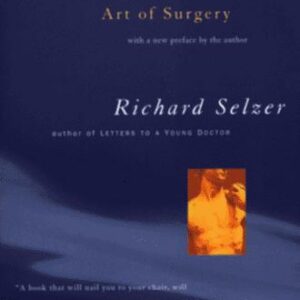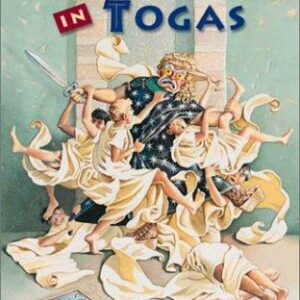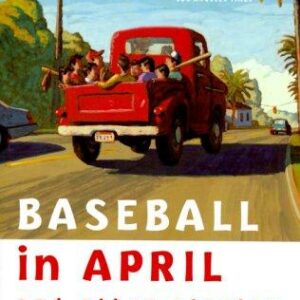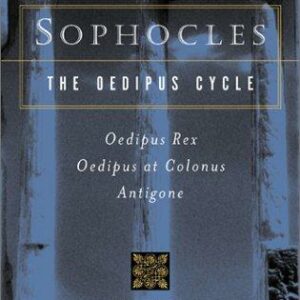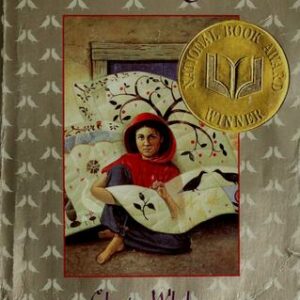Alimentary Orientalism
$34.95
| Title | Range | Discount |
|---|---|---|
| Trade Discount | 5 + | 25% |
- Description
- Additional information
Description
What, exactly, did tea, sugar, and opium mean in eighteenth- and nineteenth-century Britain? Alimentary Orientalism reassesses the politics of Orientalist representation by examining the contentious debates surrounding these exotic, recently popularized, and literally consumable things. It suggests that the interwoven discourses sparked by these commodities transformed the period’s literary Orientalism and created surprisingly self-reflexive ways through which British writers encountered and imagined cultural otherness. Tracing exotic ingestion as a motif across a range of authors and genres, this book considers how, why, and whither writers used scenes of eating, drinking, and smoking to diagnose and interrogate their own solipsistic constructions of the Orient. As national and cultural boundaries became increasingly porous, such self-reflexive inquiries into the nature and role of otherness provided an unexpected avenue for British imperial subjectivity to emerge and coalesce.
What, exactly, did tea, sugar, and opium mean in eighteenth- and nineteenth-century Britain? Alimentary Orientalism examines the contentious debates surrounding these exotic, recently popularized, and literally consumable things. It suggests that the interwoven discourses that these commodities sparked transformed the period’s literary Orientalism and created surprisingly self-reflexive ways through which British writers encountered and imagined cultural otherness.
Yin Yuan is an assistant professor of English at Saint Mary’s College of California in Moraga. Her research interests include British Orientalism, Anglophone literature, and East Asian popular culture and her work has been published in Studies in Romanticism, Keats-Shelley Journal, and SEL: Studies in English Literature 1500-1900.
Introduction: Exotic Ingestion and Self-Reflexive
Orientalism in Long-Eighteenth-Century Britain 1 Virtuous Leaf, “Intoxicating Liquor”:
England’s Tea Talk (A Prelude on Tea) 2 “Eating Only What I Knew”:
Exotic Consumerism and the Boundaries
of Selfhood in The Citizen of the World and Vathek 3 Cups, Cures, and Curses: The Elusiveness of
Cultural Identity in Lalla Rookh and The Talisman 4 The Exotic Self: De Quincey’s Opium Texts
and Lamb’s Chinese Essays 5 “Barbarian Eye”: The Opium Wars as a
Visual Project (An Interlude on Opium) 6 “Not the Track of the Time”: Antiquated
Orientalismin Villette and Little Dorrit
Afterword: The Inadequate Language of Contagion Acknowledgments Notes Bibliography Index
"A bold and powerfully generative take on the literary shockwaves produced by the massive influx—at once unsettling and inspiring—of Eastern products in eighteenth- and nineteenth-century Britain. By centering eating and drinking as the paradigmatic forms of exotic consumption, Yin Yuan surfaces previously unrecognized currents of ironic self-reflexivity with respect to bodily and cultural boundaries set in motion by the period’s insatiable appetites for the Orient. Rarely has such a theoretically astute treatment of the cultural politics of eating made for such devilishly delicious fare." “Eating, drinking, smoking—the bodies in nineteenth-century British writing took in Chinese influence both cavalierly and copiously. Yin Yuan’s book helps us understand this consumption by explaining, with erudition and grace, how such exotic ingestants navigated Britain’s symbolic and material Oriental encounters on their way to the heart of the empire.” "Bracingly original, Alimentary Orientalism moves beyond predictable ‘self/other’ binaries to delineate new complexities in British ‘Orientalist’ literary discourse. Focusing on such ‘psychoactive groceries’ as tea and opium, Yuan details how various texts represent the literal incorporation of otherness, even as they self-critically investigate the nature of Orientalist representation itself." "Focusing on early British Orientalism as a distinctly literary effort to negotiate the new material realities of imperial commerce, Alimentary Orientalism locates in eighteenth- and nineteenth-century writing about exotic comestibles an emergent form of semiotic theory. Imperial self-making, it shows, not only rehearsed mythologies of encounter, but did so as a way of orienting British selfhood in the liminal space where sign meets substance—the space where empire unfolds."
Orientalism in Long-Eighteenth-Century Britain 1 Virtuous Leaf, “Intoxicating Liquor”:
England’s Tea Talk (A Prelude on Tea) 2 “Eating Only What I Knew”:
Exotic Consumerism and the Boundaries
of Selfhood in The Citizen of the World and Vathek 3 Cups, Cures, and Curses: The Elusiveness of
Cultural Identity in Lalla Rookh and The Talisman 4 The Exotic Self: De Quincey’s Opium Texts
and Lamb’s Chinese Essays 5 “Barbarian Eye”: The Opium Wars as a
Visual Project (An Interlude on Opium) 6 “Not the Track of the Time”: Antiquated
Orientalismin Villette and Little Dorrit
Afterword: The Inadequate Language of Contagion Acknowledgments Notes Bibliography Index
Additional information
| Dimensions | 1 × 6 × 9 in |
|---|


